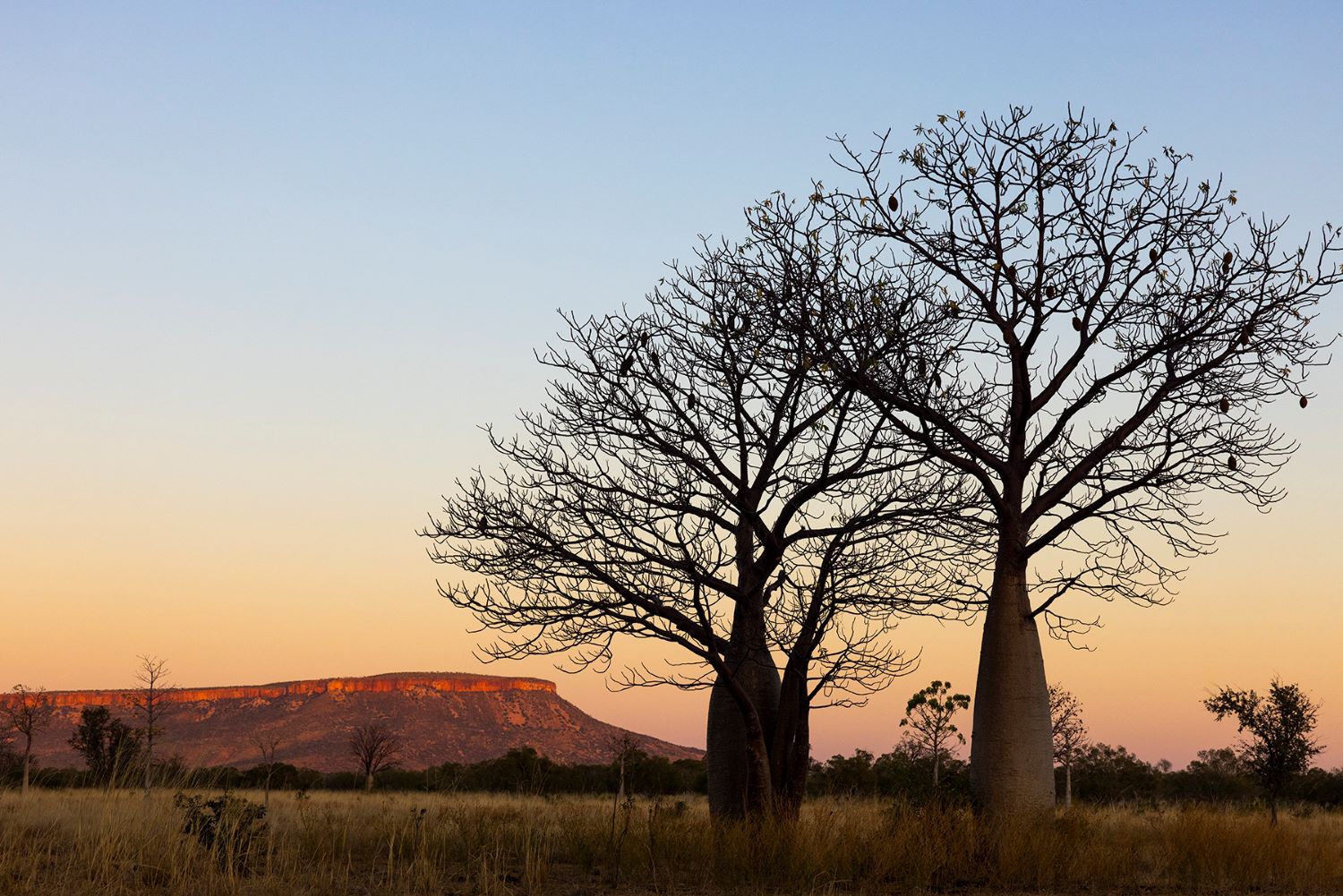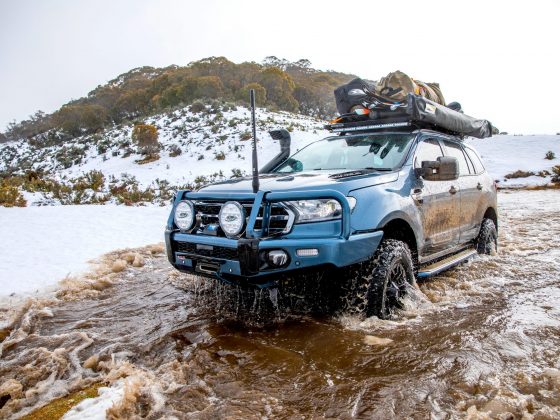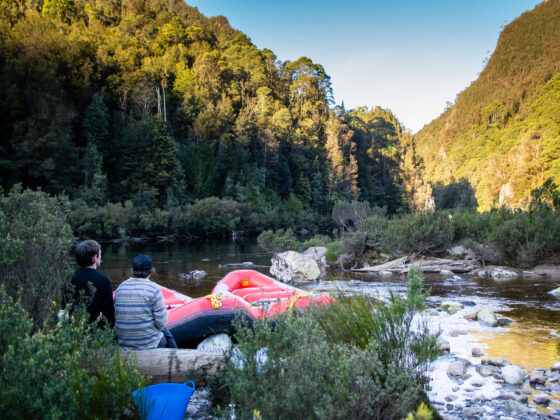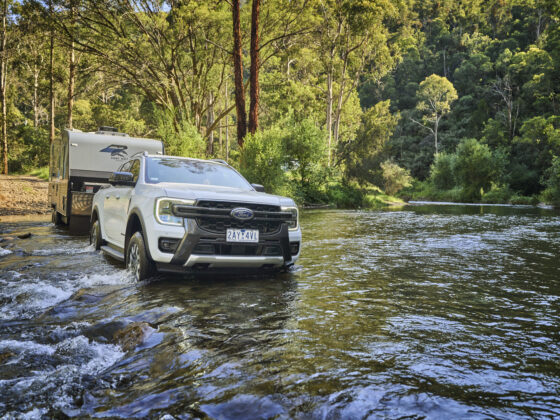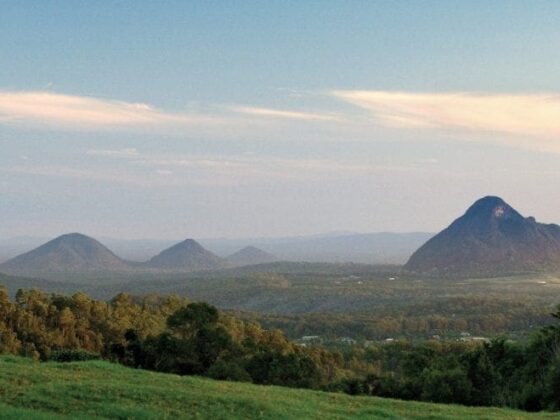Announced this week, Kimberley’s tourism precinct at El Questro will be returned to traditional owners. This is happening under a historic land use and lease deal. Tourism operator G’Day Group has secured a 99-year lease, signed with the Wilinggin Aboriginal Corporation (WAC) and the Western Australian Government.
What’s changing for El Questro?
The Indigenous Land Use Agreement (ILUA) applies across the traditional lands of Wanjina Wungurr Wilinggin people at El Questro Wilderness Park in the Kimberley. The agreement means that roughly 165,000-hectares of El Questro will be converted from the previous pastoral lease to freehold and reserve. Almost 120 years after El Questro became a cattle station, it’s now been returned to its Traditional Owners.
The agreement also means part of the land will be leased back to El Questro G’Day Group. This will be on a 99-year lease term. The group are allowed to conduct tourism activities across the entire area that was previously the pastoral lease area. The CEO of G’day Group, Grant Wilkins, said that leasing the freehold title from the Wilinggin Aboriginal Corporation has allowed the company more security to expand and invest than was previously possible.

Sustainable practises
There are plans to increase Indigenous employment and work towards making the property net zero emissions by G’Day Group. They aim to do this via managing waste better, and generating electricity. Additionally, they’ll purchase carbon credits from WAC. This means the property will have the ability to operate with net zero carbon emissions. The pastoral lease will now be a freehold and reserve, meaning the livestock on the land can be moved on. Once this occurs, it will allow for the restoration of the environment.
On sustainability, West Australian Lands Minister John Carey said, “this agreement sets out to be environmentally responsible through sustainable land use and management practices.”
G’day group CEO Wilkins hopes that this agreement will inspire other tourism operators and pastoralists to follow suit. He said he would like to see this decision serve as a framework to encourage making Indigenous rights to land at the forefront.



